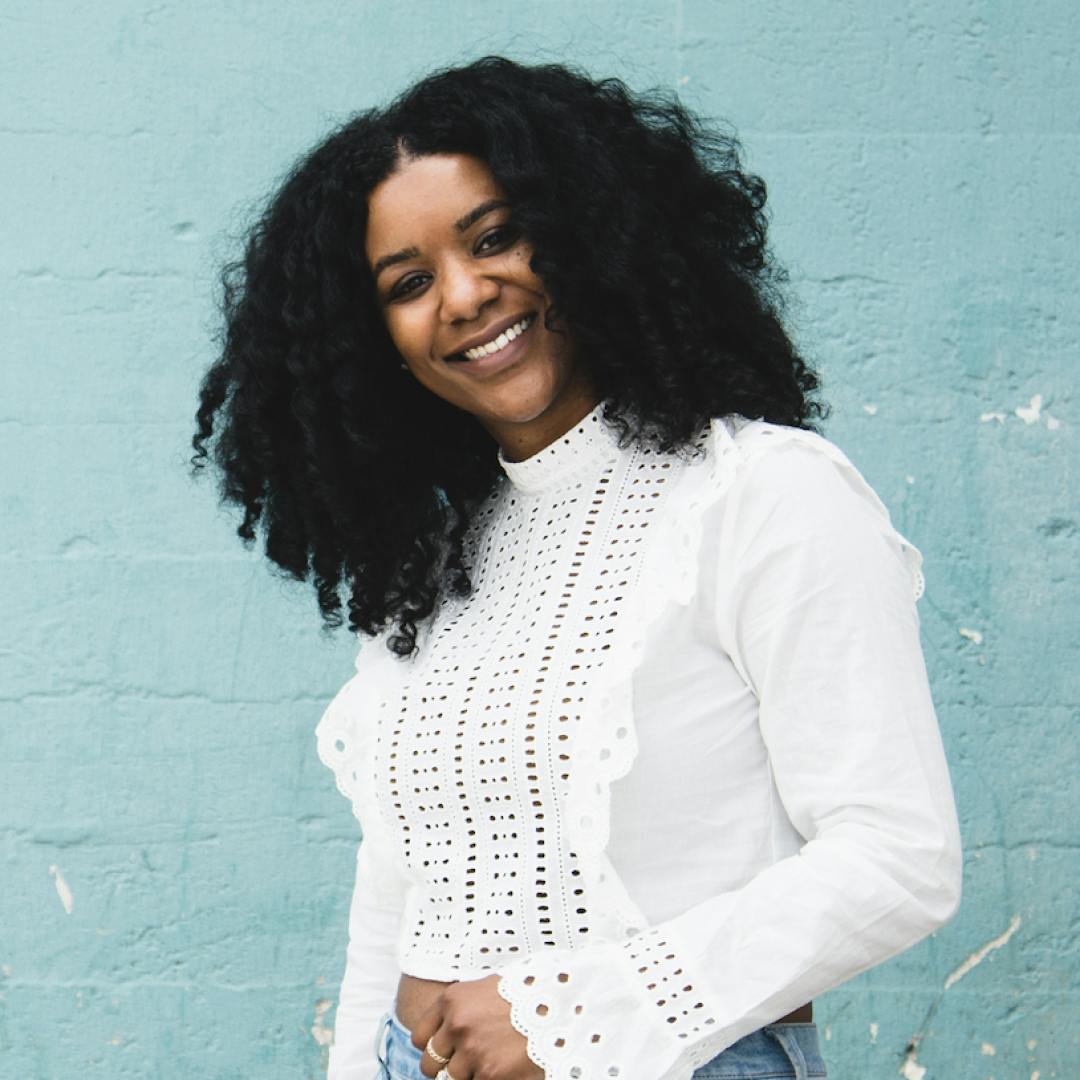What FIRE Really Is and How You Can Achieve It
4 min readOkay, who hasn’t heard the FIRE alarm? The “financial independence, retire early” movement has hit every corner of the internet, from TikTok to the New York Times. But Kiersten Saunders, the cofounder of Rich & Regular and coauthor of “Cashing Out” with her husband, Julien, says that most people have misconceptions about what financial independence really means. Here, she explains why you should define it for yourself and how to start working toward it today.
FEATURED EXPERT: KIERSTEN SAUNDERS

I want to pursue FIRE. How can I get started?
First, it’s understanding what FIRE looks like to you. I think everybody has this inner spirit, an inner desire to be free. What financial independence does is it allows you to use your money as a tool to get there. Once you have a sense of what you want and what your goals are, you can pick the advice that applies to you. I think that’s the easiest way to not get overwhelmed and experience confusion about where to start in the world of investing. Everybody is going to offer you some sort of shortcut — a hot tip or hot take — but just start. The present value of money is more valuable than the future value of money.
What’s the #1 thing I can do to reach financial independence?
This is going to sound very obvious, but it’s to spend less than you make. That way, you can put your money to work by investing it. Because once you spend your money, it’s gone. Once you invest it, it can actually grow. It’s also important that you understand investing and how it works for your goals. There’s a benefit to starting young because the younger you are, the riskier you can be. For example: If you’re 19, and you want to take a chance on crypto, the worst-case scenario is that you lose the money that you put into that coin or that asset. If you’re 40, your worst-case scenario might be that you can’t retire on time, or that you’re not able to buy a house. Understanding where you are in your risk cycle and how much you can afford to lose is also a really important part of investing.
Can I become financially independent if I don’t come from wealth?
I love this question because there are so many misconceptions about financial independence. I think a lot of people see it as this lofty goal, but if you understand the process and do the math, it’s predictable. I’m not saying it’s easy. There are so many versions of FIRE out there, and I think there are options for people from all sorts of backgrounds to find a soft landing place. You also get to define what financial independence means for you. Some people consider themselves financially independent because they can take a part-time job, rather than a full-time job. It’s a spectrum.
Tips for developing a FIRE investment strategy?
First, there’s room for freedom within a framework. You’ll find a lot of rules: Always do this, never do that. But that can feel constraining. Find a nuanced perspective. Also watch out for fees, which I call the f-word, because they erode your returns. They’re often hidden, so you have to read the fine print. Also, crypto and individual stocks are very fun, and they’re rocket-ship growth. But the numbers speak for themselves: There’s nothing more effective, proven, and boring than index funds, which track the market for you. Those are good if you don’t want to be as vigilant about your money or have to start trading when things go down. Crypto and individual stocks are largely driven by a hype cycle. If you’re invested in a company that has a talkative CEO who says the wrong thing, one day you could lose a good chunk of your portfolio. If a crypto coin gets pumped and dumped and you missed the memo, then you’re left with nothing. You can dedicate a portion of your investment strategy to those types of things, but if you’re looking for stability and predictable growth, then the better option is to pursue an index fund.
What’s one thing I can do to boost my income?
Develop better conversation skills. If you can get really good at having conversations, it’s a lot easier to find the person, institution, or thing that has the resources you want. Then, you ask them for some of those resources in exchange for something that you can do for them. I think a lot of people just jump to easy shortcuts versus really figuring out what you’re good at, how to communicate that, and how to find the people who have what you need and deliver that. So much of our life is structured around scarcity. But somebody woke up this morning needing what you have to offer, whether it is an old sweater or the ability to write a freelance article. Somebody needs something that you have. You just have to find them.
This interview has been edited and condensed for clarity.
Discover more from Slow Travel News
Subscribe to get the latest posts sent to your email.



